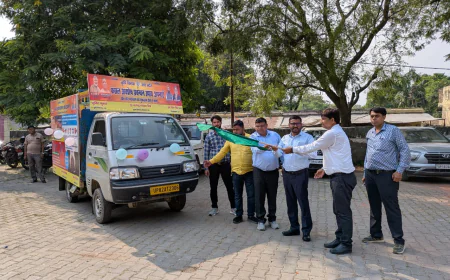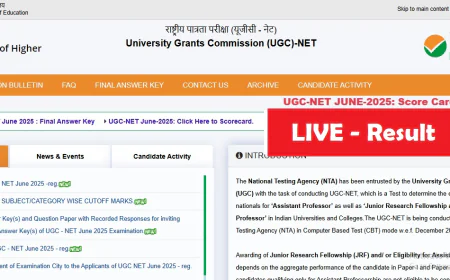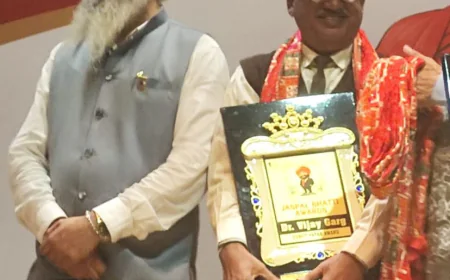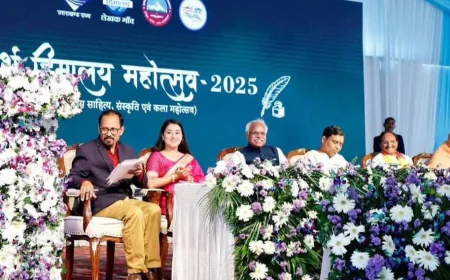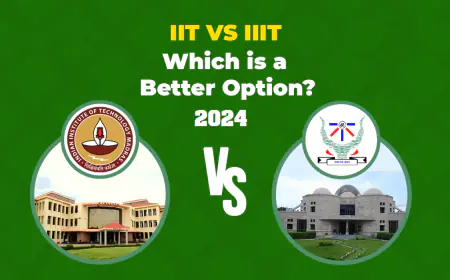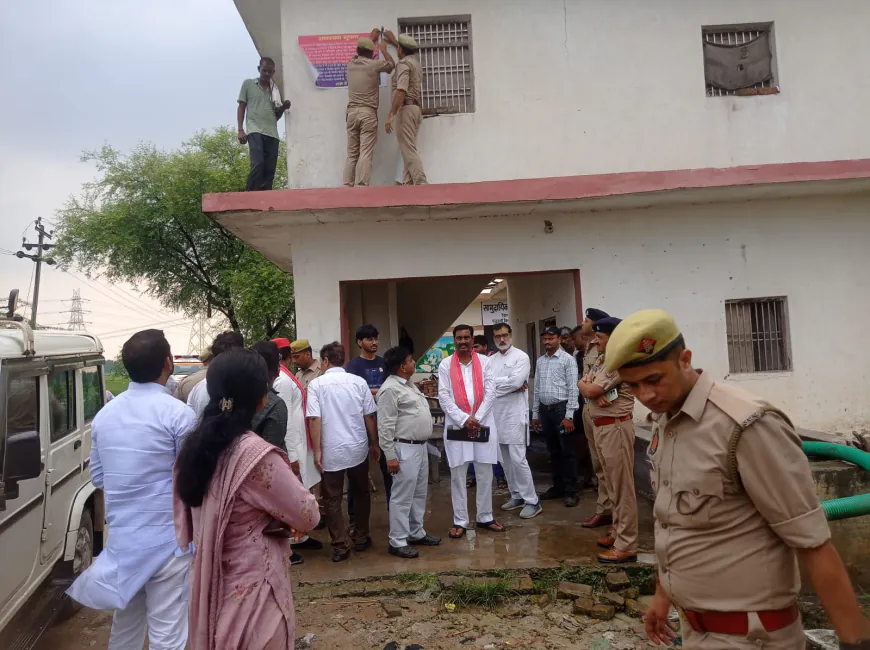If you don't save your daughter, then where will you get a daughter-in-law from?

If you don't save your daughter, then where will you get a daughter-in-law from?
The Beti Bachao Beti Padhao program has successfully raised awareness on the issue of son preference, but due to inadequate implementation and monitoring, it has failed to achieve its main goal in its current form. The Beti Bachao Beti Padhao program was launched on January 22, 2015, with the aim of preventing gender discrimination, keeping girl children alive, and advancing their education. Even though the Beti Bachao Beti Padhao program has raised much-needed awareness about gender discrimination, it seems to be straying from its main goal due to inadequate implementation and monitoring as it enters its tenth year.
Young girls in India face many obstacles throughout their lives and lose economic opportunities as a result of patriarchal social norms such as son preference and regressive power structures that hinder their survival and education. Social norms that favor son preference include the statement that "raising a daughter is like watering a neighbor's garden." Changing attitudes requires more than just financial incentives. Priyanka Saurabh There is a saying in Haryana, “If you don’t save daughters, then where will you get daughters-in-law from?” While it is wrong to assume that all daughters are future brides, the phrase is effective in drawing attention to the dire consequences of sex-selective abortion in a state that has struggled with a “daughter shortage” for decades. India’s sex ratio at birth (SRB) remains low despite advances in healthcare, education, and income.
The SRB was put at 929 girls per 1,000 boys by the National Family Health Survey (NFHS-5, 2019-21). This is a slight improvement over NFHS-4 (2015-16: 919 girls per 1,000 boys), but it still shows a persistent gender bias. Historically, some states have had more skewed ratios, particularly in northern and western India. Despite the Pre-Conception and Prenatal Diagnostic Techniques (PCPNDT) Act of 1994, sex-biased sex selection has been made possible by prenatal sex determination techniques. Wealthier economic groups and higher castes have higher rates of SRB skewed towards males, indicating that monetary incentives alone may not be a sufficient deterrent. SRB has improved in states such as Himachal Pradesh, Punjab, and Haryana since the implementation of Beti Bachao, Beti Padhao. SRB is declining in southern and eastern states, which are generally known to have better sex ratios.
This is a worrying trend. Although states surrounding Delhi have improved, Delhi too has seen a decline in SRB. While here were the basic goals and strategies for the Beti Bachao, Beti Padhao campaign. The PCPNDT Act must be enforced more stringently to prohibit sex selection on the basis of gender. Girls' education, safety, and survival must be enhanced. Delaying child marriage and increasing women's educational attainment is important. Efforts must be made at the state and national levels to tackle patriarchal beliefs. To prevent sex-selective abortions, the PCPNDT Act must be strengthened. Financial incentives such as Haryana's Ladli and Aapki Beti Hamari Beti programs encourage families to help girls. Providing funds for girls' education through educational empowerment, scholarships, and infrastructure support are effective steps. Limited effectiveness outside high inequality areas The impact of Beti Bachao, Beti Padhao varies; some southern and eastern states are seeing a decline in SRB.
This means that focused interventions in high-inequality states are not enough. Social norms that favor sons include the statement that “raising a daughter is like watering a neighbor’s garden.” Changing attitudes requires more than just financial incentives. Low female labor force participation is still one of the lowest in the world, even with improved educational standards. Women who experience economic insecurity are less able to resist patriarchal systems. According to the Global Gender Gap Report 2024, India ranks 127th globally in terms of pay equality, with women earning only Rs 39.8 for every Rs 100 earned by men. Conditional cash incentives (e.g., conditional cash transfers) are the focus of policy rather than systemic change. The underlying causes of gender bias are not addressed by the Ladli scheme.
To achieve structural change in the areas of employment, property rights, and financial autonomy, Beti Bachao, Beti Padhao must go beyond catchphrases. Gender-sensitive policies are being strengthened. Instead of “saving girls,” Beti Bachao, Beti Padhao needs to focus on “empowering women” in leadership, financial inclusion, and employment. Encourage more women to pursue entrepreneurship and careers by offering incentives. Address employment gaps and pay disparities. Enforce equal pay laws to reduce the gender pay gap. Encourage more people to work by providing maternity benefits, flexible work schedules, and childcare assistance. Increasing enforcement of the PCPNDT Act, monitoring diagnostic clinics, and taking strict action against illegal sex determination are all ways to strengthen legal and social reforms. Strengthen accountability systems at the local level of government. Ensure women’s rights to property and inheritance. Make inheritance rights equitable, especially in areas where daughters are still not given equal property ownership. Encourage women to own property together within families. Drive community-driven behavior change and engagement.
Increase grassroots participation through local leaders. Encourage teachers, religious leaders, and influential members of the community to oppose patriarchal traditions. Involve more men in conversations about gender equality. Campaigns that change the narrative of the value of daughters need to shift their focus from “protecting girls” to “empowering girls.” Encourage uplifting messages about daughters as assets for the success of the family. The Beti Bachao, Beti Padhao program has successfully raised awareness on the issue of son preference, but due to inadequate implementation and monitoring, it has failed to achieve its main goal in its current form. The scheme is losing the momentum it has built up over the years due to the lack of district and state-level meetings. Therefore, the working committees at the district and state level should be represented by community-level workers, aware of the difficulties faced by female students, such as lack of toilets, and have effective monitoring and evaluation systems to show how well the schemes are working towards their goals.
In India, Beti Bachao, Beti Padhao has been a notable policy intervention to address gender-based discrimination. Although it has contributed to the improvement of SRB in some areas, its impact is still limited due to inherent patriarchal beliefs and structural barriers to women's economic advancement. To ensure that women have equal access to economic, social, and legal opportunities as men, Beti Bachao Beti Padhao must replace its protectionist strategy with one focused on rights-based empowerment. Only then will we be able to move beyond conditional incentives and achieve lasting equality, thereby reducing the gender gap. Deeply ingrained cultural beliefs often make it difficult to implement laws that empower women, such as the right to property ownership, requiring community participation led by local leaders and influencers to question and change patriarchal norms. While this requires more subtle efforts than sloganeering and conditional cash incentives, the Beti Bachao Beti Padhao scheme has certainly been a positive step. Negotiating gender equality under patriarchal norms may not be of any use. Slowly but surely, we must change our approach.


